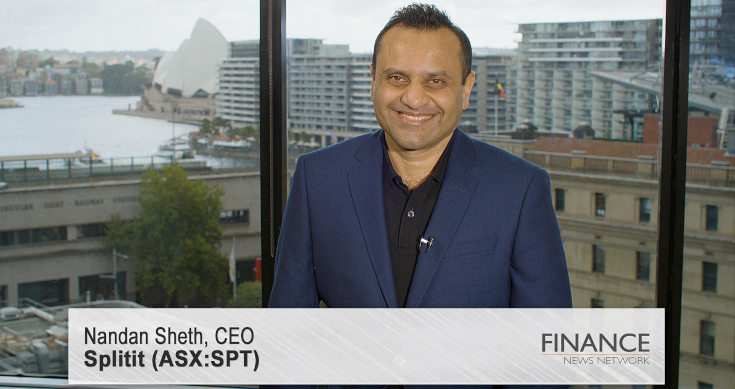We now have a better understanding of why the Commonwealth Bank slashed the value of its stake in Klarna, the Swedish Buy Now Pay later company whose value has collapsed from more than $US46 billion in mid-2021 to its present $US7 billion.
The CBA cut the value of its small stake (around 5%) from $A2.7 billion in its 2020-21 annual accounts to around $A408 million at June 30 this year – a figure that, looking at Klarna’s half year figures this week, could be seen as conservative.
Klarna quadrupled its losses in the six months to June 30 – a terrible experience for a company that midway through 2021, was claimed to be Europe’s most valuable private tech company.
The payments company on Wednesday reported a net loss of SKr6.2 billion ($US581 million, or more than $A840 million) for the first half of 2022, compared with SKr1.4bn a year earlier.
Klarna blamed the bigger loss on higher employee costs, investments in integrating newly acquired Swedish price comparison service PriceRunner and rising credit losses, reflecting the greater difficulty of underwriting new customers with limited credit histories.
Well fancy that, just the experience other BNPL groups have encountered, such as Aftertouch after it was bought by Block, for example in late 2021.
Klarna said first half revenues rose 24% year on year to SKr9.1bn (around $US90 million), thanks to strong growth in the US where it claims to have 30 million customers. That saw its gross merchandise volumes grew 21% to SKr396bn.
“Klarna has been operating in a very different environment in the first half of 2022,” said Sebastian Siemiatkowski, chief executive and co-founder. “When we set our business plans for 2022 in the autumn of last year, it was a very different world than the one we are in today.”
Klarna’s struggles reflect the challenges facing buy now, pay later services, which allow consumers to defer or divide payments into four or six instalments.
The products were popular among younger users in sectors such as fast fashion (think Zara or H&M) in the pandemic lockdowns but now shopping is freer and the young, less creditworthy customers have proven to be an unexploded bomb as bad debts and write offs have soared.
On top of that rising interest rates, a stuttering economy in Europe, the UK and US, and retail sales facing rising inflation (prices) and consumers choosing to buy food and energy rather than discretionary products has made the outlook tougher. Increased scrutiny in Europe, the US and UK has made life harder with more regulation looming for a business model that thrived on its absence.
Rising energy costs, petrol costs and weak wages plus the rising chance of a Europe-wide recession by the end of 2022, have made the outlook for credit driven retail payments companies look increasingly bleak.
Then there’s bigger new rivals in the shape of Apple, PayPal and the big card groups like Visa which have entered the BNPL market at the same time as business conditions went off the boil, along with consumer interest.
Klarna had several failed attempts to raise new funds until the successful July raising that when it raised $US800 million which was enough to justify a valuation of $US7 billion. Investors including Sequoia, the private equity investor and Mubadala, the Abu Dhabi sovereign wealth fund, contributed, as did with the Commonwealth Bank with an undisclosed amount.
Other BNPL companies have had a similar experience – shares of the US-listed provider Affirm, which has partnered with big retailers such as Amazon and Walmart, are have slumped 80% in the past 10 months and Australian listed companies ZIP and Sezzle failed in a merger bid and continue to wander aimlessly.
Zip shares are down 86% in the past year (up 11% on the last day of August, though) and Sezzle shares rose 5% on August 31 to 67 cents, more than 90% under their all-time high of $6.90 in June of 2021.
CBA shares are down just 3.50% in the past year, despite its BNPL adventure in Klarna.








